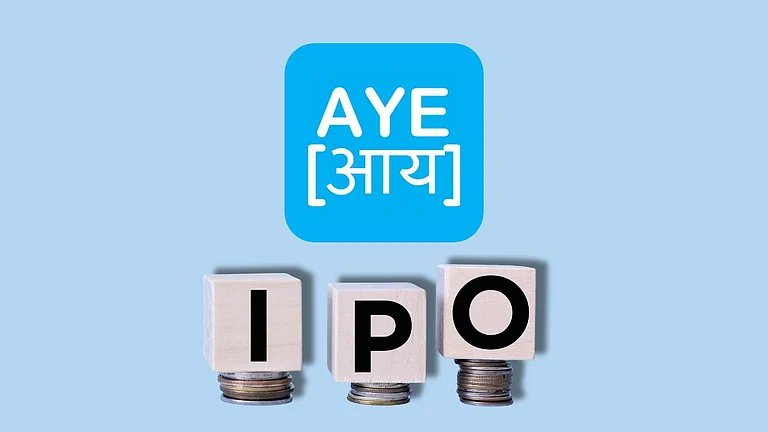The Indian Supreme Court is currently hearing final arguments regarding several petitions that aim to legalise same-sex marriage in the country.
Legalising same-sex marriage could solve financial issues for Lesbian, gay, bi-sexual, transgender and queer (LGBTQ) couples by granting them the same consequential rights as straight couples, including the ability to jointly own property, nominate each other in bank accounts, and inherit properties. It could also lead to financial rights such as alimony and maintenance in case of separation, and provide societal privileges and recognition. Overall, it would broaden the mindset of society and provide the LGBTQ community with essential conjugal rights and personal liberties.
“Every marriage adds to the financial stability of the couples and adds to the security of both the partners. Same-sex marriages will not only solve financial issues but also provide personal liberties and choices. Every individual has the right to live in his own way and perhaps this will broaden the mindset of our society in the years ahead,” says Abhishek A Rastogi, founder of Rastogi Chambers.
What May Change For LGBTQ Couples?
“Being a first-class legal heir of your partner is in itself a privilege which LGBTQ couples do not enjoy at present,” says Shweta Kapoor, Partner, Singhania & Co.
She says that for starters, there will be a number of consequential rights which will flow from marriage which flow to all straight couples and are obvious in straight marriages. Right to jointly own property, right to nominate each other in bank accounts, fill nomination forms at the workplace with names of your partner, nominate your partner in your mutual funds, insurance policies. are some of the things that will become possible for LGBTQ couples. “At present, LGBTQ partners cannot inherit properties. LGBTQ parties will be able to jointly adopt children if marriage rights are granted,” she adds.
That is not all. “The legalisation will lead to financial rights such as alimony and maintenance in case of separation and the couples will get societal privileges which are not there today,” says Rastogi. It is anticipated that a lot of these marriages could involve even contractual agreements to reduce disputes and ambiguities,” says Rastogi.
Social activist Pooja Makarh says that the LGBTQ couple does not have the right to take medical decisions for their partners in the time of emergency due to the relationship, and not being legally recognized. This will also change.
“If same-sex marriages are made legal, this will have a great impact on the rights of the LGBTQ community because when section 377 was abolished, there was a positive change seen in the society,” she says.
They will get recognition and social acceptance, thereby providing essential conjugal rights as well. It will also provide them with much-needed financial rights and privileges, she adds.
Moreover, in a heterosexual society, a married couple brings in double income in the family and avail of several tax benefits. “For instance, while seeking tax benefits on insurance, you are entitled to claim maximum of Rs. 1.5 lakh by way of reduction in respect of insurance premium payments, whereas the same rebate doubles up as a married couple. Regarding children, the law under Section 80C of the Income
Tax Act, 1961, further permits tax rebates of up to Rs. 1.5 lakh on tuition and education fee,” says Ekta Rai, advocate, Delhi High Court.
These are just a few benefits of having a legitimate marriage as per Indian legal system. “Legitimising same-sex marriages would mean legal recognition for same sex couples, and a legitimacy to the children adopted/born in these family units, permitting the couples to seek benefits such as the ones mentioned hereinabove, and more, without having to resort to means adopted by single or unmarried individuals,” adds Rai.
“This will also entitle the children adopted/born under this family structure to be recognised as legal heirs to the properties of their parents without the parents having to necessarily resort to making wills of the same. Legalising the same sex marriage will mean social recognition to an entire community which lives under the fear of having their rights violated in the name of non-legitimacy of their existence,” says Rai.














